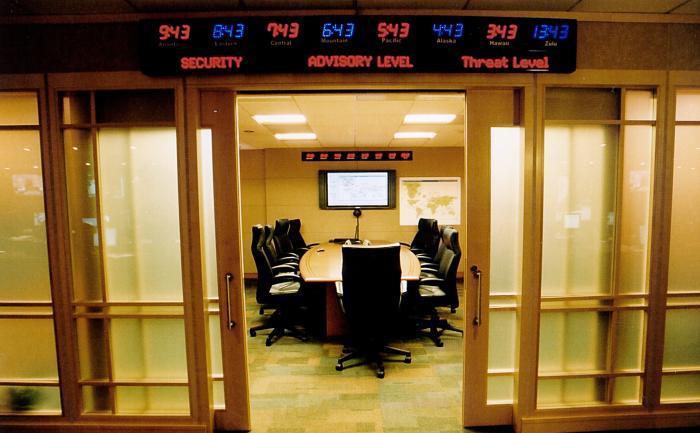The Obama administration announced today that it will ask Congress for $1.8 billion in emergency funding to help prepare for and respond to the Zika virus threat, as the US Centers for Disease Control and Prevention (CDC) stepped up its emergency response to its highest level.
In a White House statement today the Obama administration said it has been aggressively working on Zika virus response since late 2015 and that it would make a formal request for the $1.8 billion in emergency funding shortly.
"As spring and summer approach, bringing with them larger and more active mosquito populations, we must be fully prepared to mitigate and quickly address local transmission within the continental U.S., particularly in the Southern United States," the statement said.
Proposed funding breakdown
The largest chunk of the funds—$1.48 billion—would go to the Department of Health and Human Services (HHS), and within it, the CDC. Funding is targeted, for example, to improving mosquito control efforts, improving surveillance, boosting lab capacity and infrastructure, establishing rapid response teams if clusters are detected in the United States, and monitoring for pregnancy and Guillain-Barre syndrome (GBS) risks.
HHS money would also include a temporary 1-year increase in Medicare and Medicaid funding for Puerto Rico, where local Zika transmission is occurring, as well as $200 million in support to speed the development of vaccines and diagnostic tests. Also, $210 million would establish a new urgent and emerging threat fund to help states with their responses, if the virus spreads to local mosquito populations.
Support would also go to the US Agency for International Development (USAID) to help countries with mosquito control and maternal health and to the State Department to help US citizens in affected countries.
The American Public Health Association (APHA) said today that it strongly supports Obama's proposed $1.8 billion in Zika response funding. The group's president, Georges Benjamin, MD, said in a statement, "New threats require new investments. The president’s request is a prudent step to help ensure we are as prepared as possible to detect and defend against this emerging health risk."
CDC at top emergency level
The CDC announced today that it moved its emergency operations center (EOC) to level 1—its highest activation status—to speed up preparedness and expert involvement ahead of expected Zika virus transmission in the continental United States.
In an e-mail press release, the agency said the EOC has been activated since Jan 22 to coordinate the US response in areas including lab test development, studies on possible links to microcephaly and GBS, surveillance for the virus in the United States and Puerto Rico, and on-the-ground support for Puerto Rico, Brazil, and Colombia.
The CDC said the EOC, as its Zika outbreak coordinating center, has more than 300 staff working on the response and that the center has the resources to rapidly transport test kits, samples and specimens, and personnel. Also, the EOC coordinates the deployment of CDC staff and purchases and manages all of the equipment and supplies that CDC responders need for their work.
See also:
Feb 8 White House statement
Feb 8 APHA statement





















